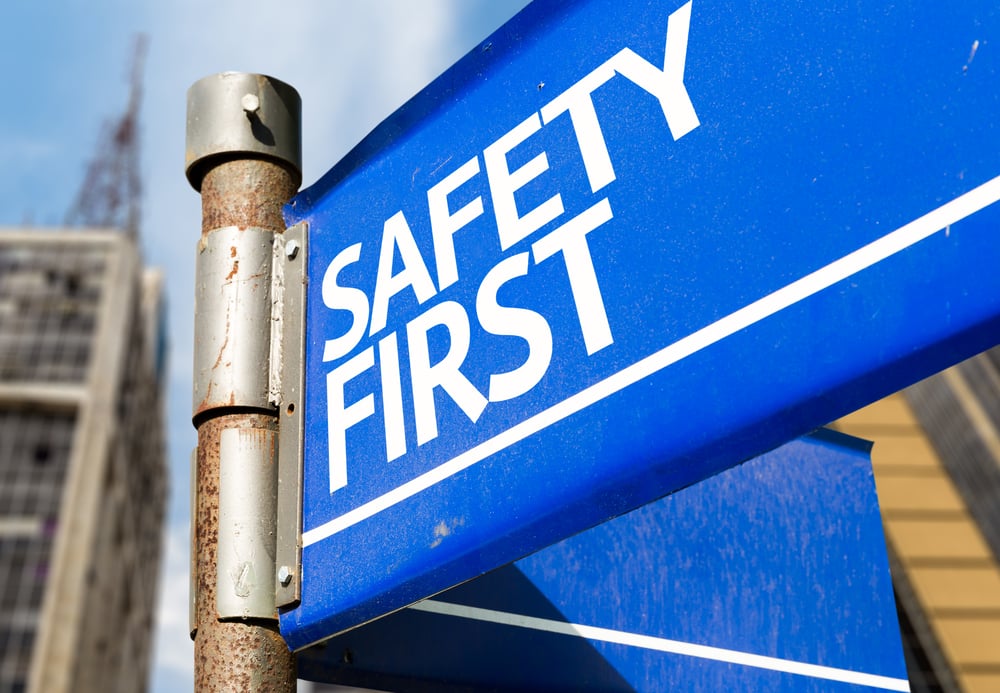
Incident Management Systems Are Essential For Any Healthcare Facility
Regardless of the type of healthcare facility you manage—a hospital, an assisted living center, or an ambulatory care establishment—incident management for patient safety should be a primary focus of your organization. By taking time to assess patient safety, produce incident reports when accidents or infections occur, and understand the causes of various accidents, you can offer a better quality of care over time. That being said, it's important to know what you can gain by finding the proper incident reporting and management system for your organization. If you want to provide better healthcare for your patients and support risk managers, clinicians, and other healthcare professionals, consider the many benefits of an effective incident management system.
1. It allows you to identify trends in common medical errors
There are certain accidents that might only occur once, becoming an outlier in your organization's medical history; however, it's more common for specific types of incidents to occur repeatedly. An effective incident management system allows you to identify trends in common medical errors as your staff inputs incident reports. Whether you encounter medication safety issues, healthcare-associated infections, or even safety issues such as frequent falls among older adults, incident reporting and management can help you identify these trends so that you can take action.
2. It provides helpful insights and analyses for risk management employees
Risk management employees are tasked with a major responsibility: identifying and mitigating risks. As such, they need to have tools at their disposal that allow them to do their jobs effectively. Otherwise, the same types of incidents will continue to occur in your facilities. An effective incident management system provides your risk management staff with the support they need to track incidents, identify the root cause, and create protocols that help healthcare workers avoid these incidents in the future. You should also ensure you have a system that offers desirable features, such as a central dashboard and easy-to-understand event reports.
3. It protects you against potential lawsuits as a result of compromised safety incidents or infection
Patient safety incidents are problematic because of the harm done to the patient, but they can also increase the risk of lawsuits. As current data shows, lawsuits are expensive. While occasional minor incidents are expected, those who continue to have accidents at their facilities may be looking at thousands or hundreds of thousands of dollars to reimburse patients. Beyond improving the quality of care, incident management helps your personnel adhere to safety best practices that allow you to avoid regular lawsuits.
4. It makes it easy for your staff to access and share pertinent information
When you have a central system where all of your medical staff can input incident reports and access essential information, it's easier for staff to successfully do their jobs. This is especially true for those who have multiple patients they need to see and treat. Improved human performance relies on high-tech software solutions. If you want every member of your staff to be productive and effective in treating their patients, you need an incident management system.
5. It can spur better education for new and existing healthcare personnel
Although patient injury in any form is something that you wish to avoid, it can be an excellent learning opportunity for staff training. Identifying the human errors or safety hazards that led to problematic healthcare can help your personnel learn more about what they need to avoid during treatment. This allows them to provide better medical care and address the concerns of patients effectively instead of repeating the mistakes that led to severe outcomes in the past. Since issues in training can be a source of patient injury, having this information to apply to protocol and internal training is another reason to adopt an effective incident management system.
6. It can improve your facilities' healthcare reputation
If you continuously provide care that leads to injury or infection, this will inevitably damage your facilities' reputations. The last thing you want as an organization is to be identified by healthcare issues rather than successes. However, you can only reduce the number of incidents with an incident management system. The sooner you identify and stop risks to your patient population, the faster you will be able to prevent bad reviews and rumors about your healthcare quality.
7. It can help create a safe working environment for all
It's important to remember that patients aren't the only population at risk of injury and infection. Unsafe conditions, miscommunication, and other circumstances can put your staff's health at risk as well. In fact, a staff member's injury or infection could lead to the injury or infection of a patient in their facility. Put simply, you want to ensure that both your staff and your patients are safe and secure. With an effective incident management system, you can create a better safety culture that helps your staff thrive.
Incident Reporting and Management with ECRI
ECRI supports your incident reporting and management needs with a wide range of services and educational materials that help you keep both patients and staff safe. If you need legal support or help determining the root causes of various healthcare incidents, our Accident and Forensic Investigation Services connect you with experts skilled in these areas.
Additionally, ECRI offers educational courses on how to conduct an accident investigation. If you need help preventing infection and preparing for emergencies, you'll find that our Infection Prevention and Control services offer comprehensive support on this topic.
Learn more about why healthcare organizations nationwide rely on our expert investigators to determine the cause of healthcare-related incidents, deliver remedies, and provide legal support: www.ecri.org/solutions/accident-forensic-investigation-services.
